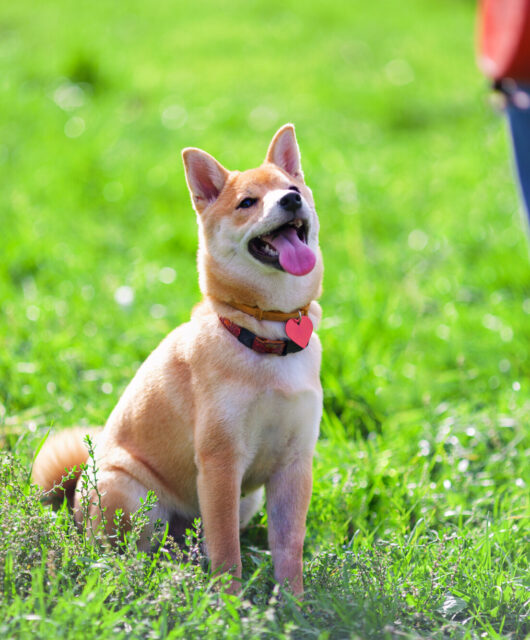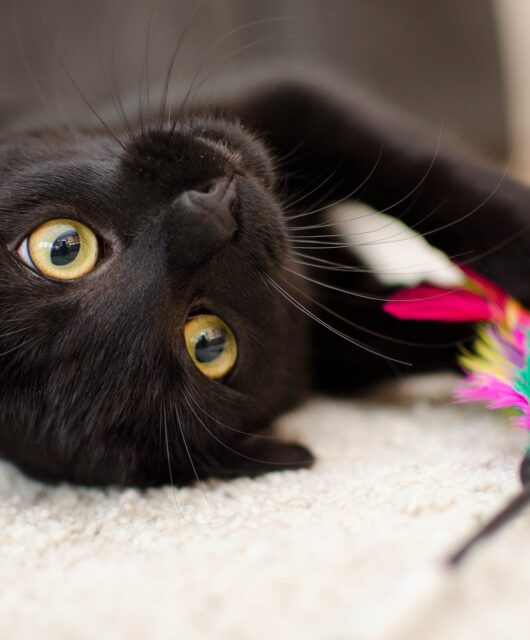Puzzling Pet Symptoms
 If you’re the happy owner of a dog or cat, there’s nothing more upsetting than when they’re ill. They can’t tell you what’s wrong, just show they’re in distress and look to you for help. Sometimes it’s obvious, and you know how to make things better or more comfortable. Sometimes you can see it’s time for a visit to the vet, but sometimes it’s hard to know for sure what is wrong, or judge what the right response is. Today we’re taking a look at some of those puzzling symptoms.
If you’re the happy owner of a dog or cat, there’s nothing more upsetting than when they’re ill. They can’t tell you what’s wrong, just show they’re in distress and look to you for help. Sometimes it’s obvious, and you know how to make things better or more comfortable. Sometimes you can see it’s time for a visit to the vet, but sometimes it’s hard to know for sure what is wrong, or judge what the right response is. Today we’re taking a look at some of those puzzling symptoms.
No Distress
One of the strangest situations to deal with is when something is clearly wrong, but your pet isn’t acknowledging it, like when your dog has diarrhoea but acting normal and eating is uninterrupted.
Unfortunately, this can be a sign of serious problems. When your pet has a chronic condition (one that affects them all the time), they can get used to the discomfort so they stop showing it, and more symptoms don’t affect them as you’d expect. If your dog has been experiencing pain for a long time, then the addition of diarrhea might not have the effect you’d expect. They will carry as normal, accepting this additional discomfort as part of what normal means.
This means that if your dog develops what should be a significant health problem but they’re unmoved by it could be time to get them to a vet and find out what the underlying issue is.
Strange Cat Diets
It’s definitely worrying when you start seeing your cat eating things that definitely aren’t food. It’s not unusual to see them try a mouthful of grass (some believe it’s to help them throw up when they feel unwell, some simply because they like the taste!), watching your cat eat wool or plastic is a real cause for concern.
The compulsion to eat non-food objects is known as pica. In some species it’s natural and healthy – some birds, for example, eat stones, which help them to digest food by grinding it up in the stomach. In most household pets, however, pica is a sign of stress. If your cat is also losing fur, showing more aggressive behaviour than normal and is grooming excessively, then it could well be suffering from stress.
It can be hard to help a cat with excess stress – your vet may be able to find physiological reasons for the symptoms or refer you on to a pet behavioural specialist that can help you find out why your cat is stressed and what you can do to help!









